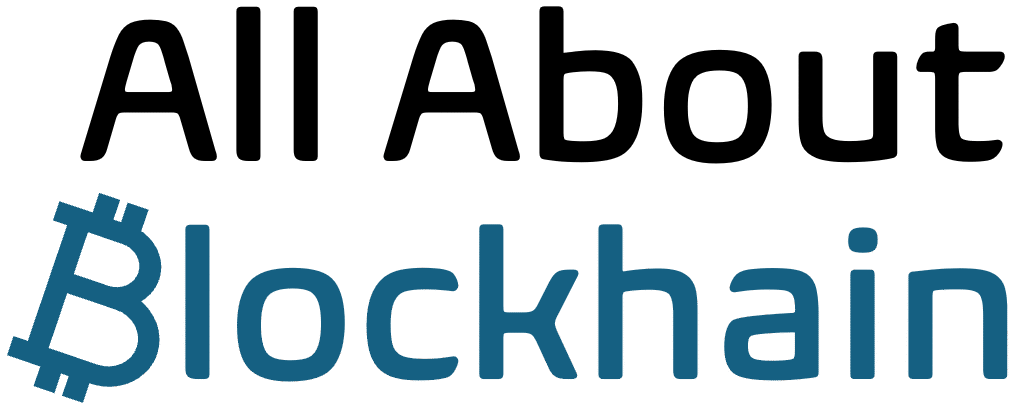This glossary provides essential definitions for navigating crypto markets and understanding digital asset conversations.
- Airdrop
A distribution of cryptocurrency tokens or coins, often given for free to promote a new project or reward existing users. Recipients receive these directly in their wallets. - Altcoin
Any cryptocurrency other than Bitcoin. Examples include Ethereum, Litecoin, and Cardano. - ATH (All-Time High)
The highest price ever recorded for a cryptocurrency. - Bear Market / Bull Market
Values describe wider market sentiment: a bear market is defined by falling prices and pessimism, while a bull market refers to rising prices and optimism. - Blockchain
A decentralized, digital ledger consisting of sequentially linked “blocks” that record verified transactions. Core technology underlying all cryptocurrencies. - Centralized Exchange (CEX)
An online platform where a company runs and controls the buying, selling, and trading of cryptocurrencies. - Cold Wallet / Hot Wallet
A cold wallet stores cryptocurrency offline for increased security, while a hot wallet is connected to the internet and designed for easy access and transactions. - Consensus Mechanism
The set of rules and protocols (like Proof of Work or Proof of Stake) that blockchain networks use to agree on the validity of transactions and securely add new blocks. - Cryptocurrency
A digital or virtual currency secured by cryptography. Nearly all cryptocurrencies operate on blockchains. - DAO (Decentralized Autonomous Organization)
An organization governed by smart contracts and blockchain consensus, with decisions made collectively by members holding tokens or voting rights. - DeFi (Decentralized Finance)
Blockchain-based financial applications that operate without centralized intermediaries—covering lending, borrowing, trading, and more. - DApp (Decentralized Application)
An application running on blockchain or peer-to-peer networks, rather than a single central server. - Fiat
Traditional government-issued currency, such as USD or EUR. Distinct from digital/crypto assets. - Fork (Hard Fork/Soft Fork)
A change in the blockchain protocol. A hard fork creates incompatible chains (a split), while a soft fork introduces backward-compatible changes. - Gas
A fee paid on blockchains like Ethereum to process transactions or execute smart contracts. - Hash
A fixed-length string generated by a cryptographic hash function, used for uniquely representing data and linking blockchain blocks for security. - HODL
Crypto slang for “hold”—refers to holding onto assets long term regardless of market volatility. - ICO (Initial Coin Offering)
A fundraising method for new cryptocurrencies, where tokens are sold to investors before launching. - Ledger
A record of all transactions on a blockchain, openly viewable and commonly referred to as the blockchain itself. - Miner / Mining
A network participant using computational power to validate transactions and add blocks to Proof of Work blockchains; rewarded with new coins and fees. - NFT (Non-Fungible Token)
A unique blockchain token representing ownership of a specific digital item or artwork. NFTs are not interchangeable like other tokens. - Node
Any device (computer, server) connected to a blockchain network, maintaining a copy of the ledger and relaying transactions. - Private Key / Public Key
A private key grants access to spend cryptocurrency; a public key or address is used to receive assets—a matched pair is required for secure ownership. - Proof of Stake (PoS) / Proof of Work (PoW)
Consensus mechanisms where PoS relies on users staking coins as collateral to validate transactions, and PoW uses miners solving cryptographic challenges. - Smart Contract
A self-executing contract with rules written in code that automatically executes on the blockchain when specified conditions are met. - Stablecoin
A cryptocurrency pegged to a stable asset (like USD) to minimize price volatility; examples include USDC and Tether. - Token
A blockchain-based digital asset, which may have utility, rights, or represent assets. Not every token is a cryptocurrency coin. - Validator
A participant on Proof of Stake blockchains who validates and approves new transactions or blocks in exchange for rewards. - Volatility
A measure of how much the price of a cryptocurrency fluctuates over time—crypto markets are known for high volatility.


